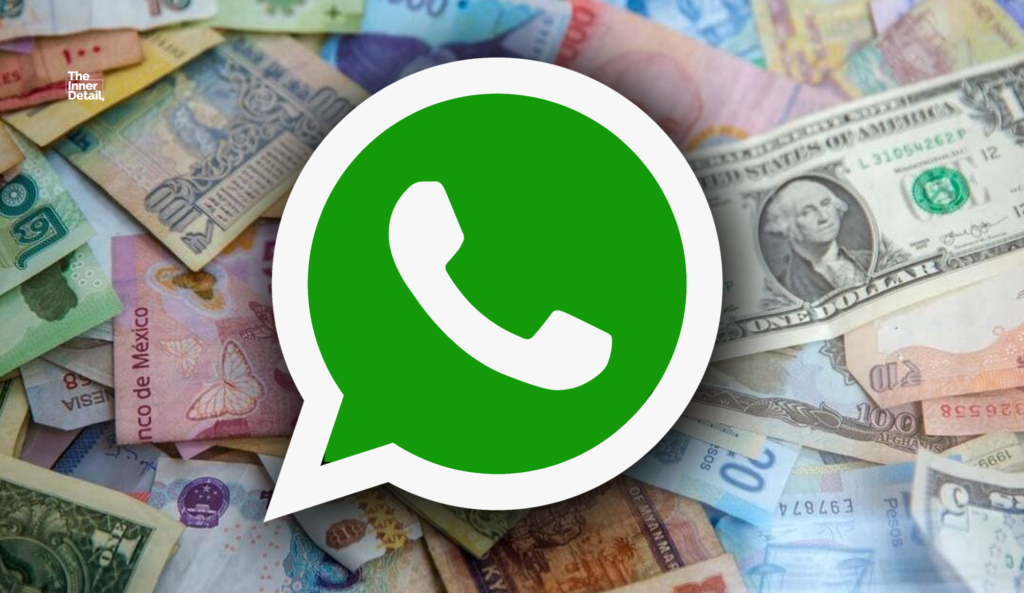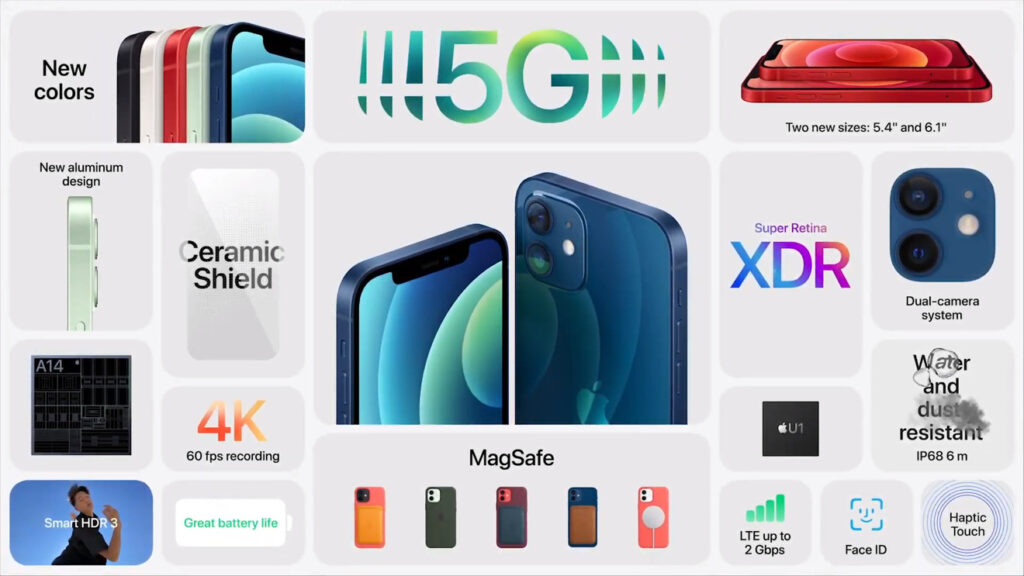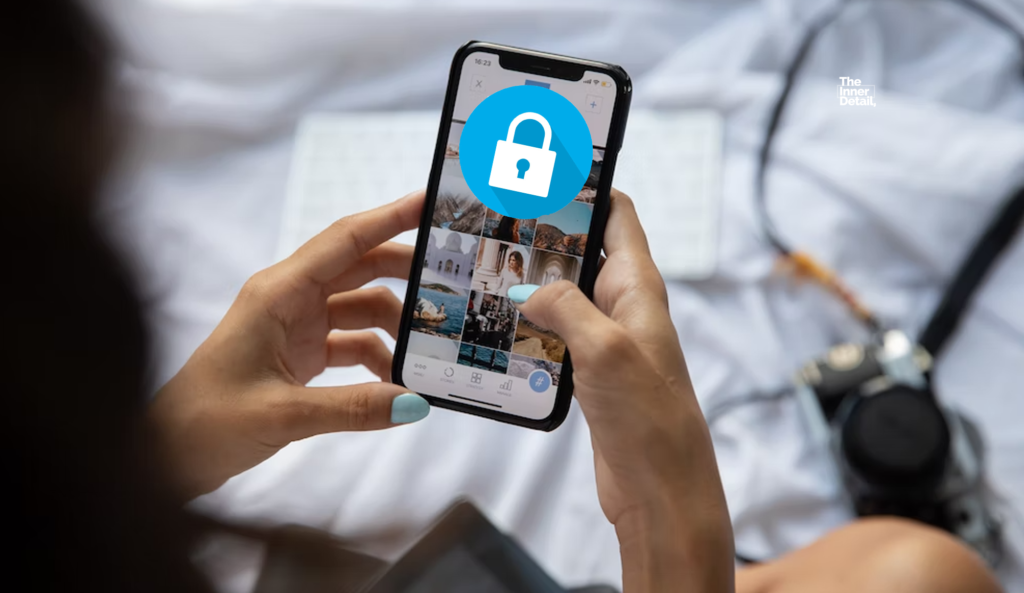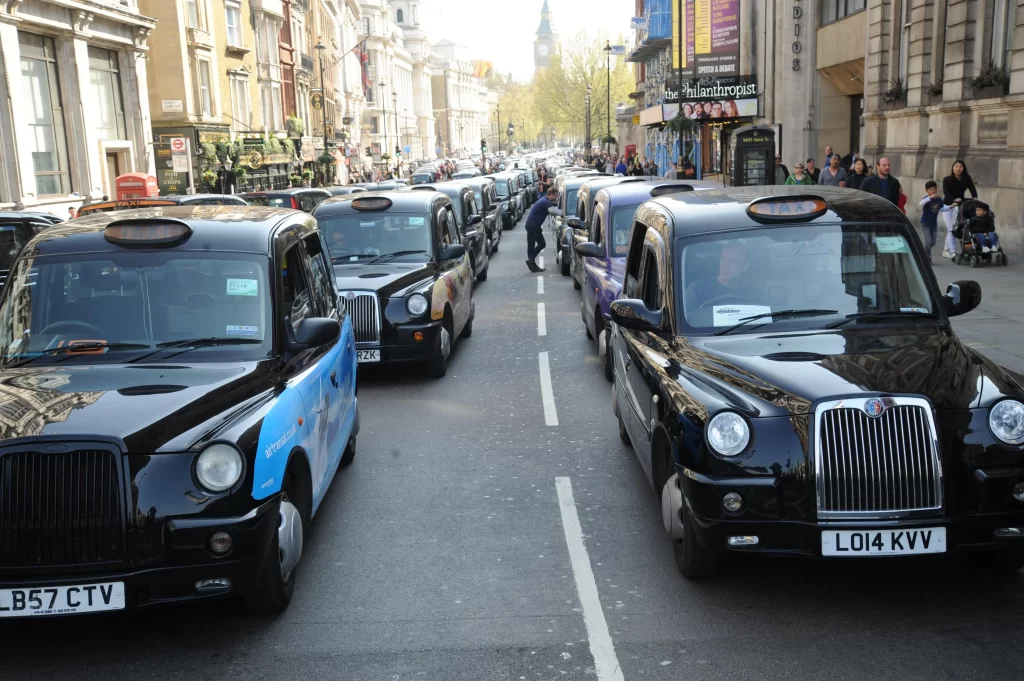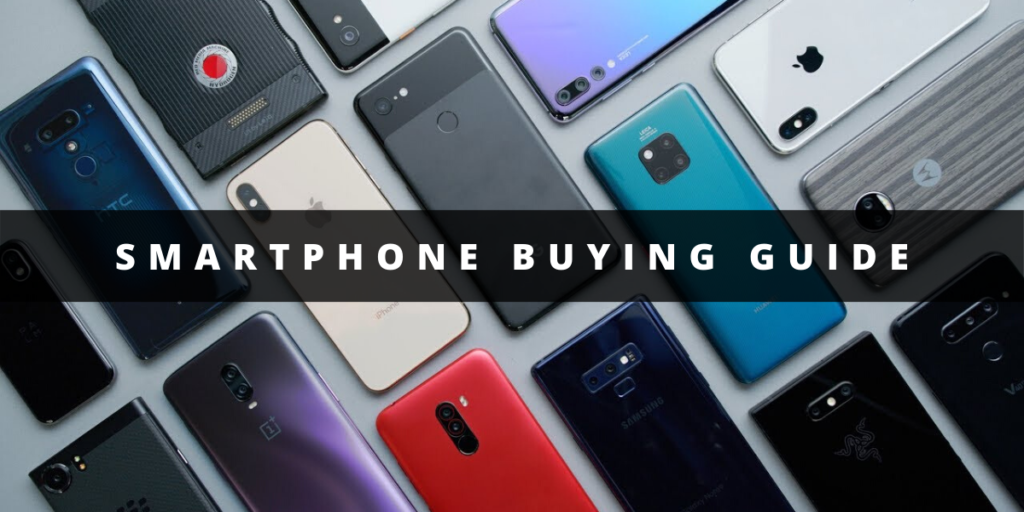WhatsApp, the messaging app used by billions of people around the world have been most of the people’s first ‘go-to’ app at the start of the day. The app being completely free of use has gathered over 2 billion active users worldwide. WhatsApp seems to be the foremost messaging app nowadays, owing to its great structure and features, and also its policy to not include ads in the platform. If so, have you ever thought how WhatsApp makes money from its app, though it vetoes ads in the app?
Well, it’s just a one-line answer, for “How WhatsApp makes money?” which is – “Through WhatsApp Business App”. But let us take a lucid understanding of WhatsApp’s way of generating revenue.
WhatsApp History
The famous messaging app was founded by Brian Acton and Jan Koum as an alternative to pricey SMS services in 2009. The motive of the app is to provide an ad-free messaging experience for people at the lowest cost possible (as WhatsApp was not free until 2014). The app allows users to connect with their phone’s contact book and message and share media to anyone in their contact-book who has the app installed.
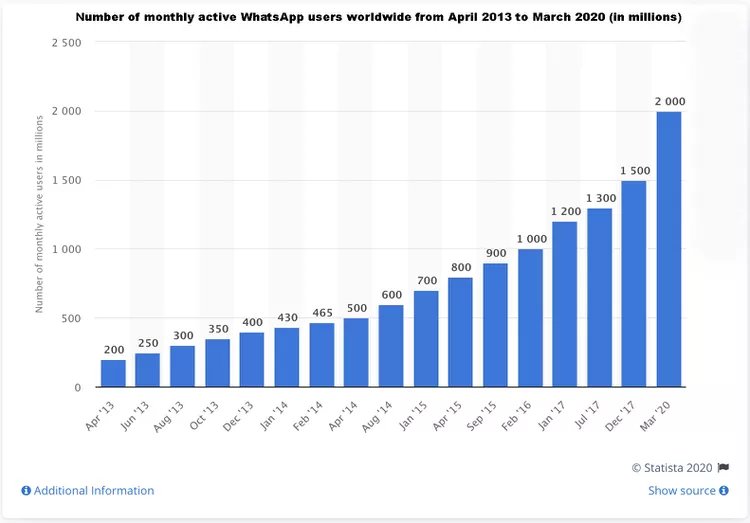
WhatsApp starting from its launch till 2014 charged $1 for downloading the app and bills $1 annually except the first year of installation. At those times, WhatsApp had about 700 million users and had thus collected annually $700 million as revenue from the app.
Facebook’s Acquisition of WhatsApp
Then, when Facebook acquired WhatsApp in 2014 for $19 billion, Facebook had other ideas for the app’s way of generating revenue, as the firm considered this $1 bill would limit the app’s opportunities.
Facebook made WhatsApp to be completely free of cost, since it wanted the app to be widely usable by people across the globe and instead targeted on businesses to stockpile the revenue that it was getting via $1 subscriptions before.
This move surged up WhatsApp’s users to reach more than 2 billion in around 180 countries in the world as of March 2022. Its top-3 user countries are – India with 487.5 million users, Brazil with 118.5 million users and Indonesia with 84.8 million users. And WhatsApp became Meta’s (formerly Facebook) second-biggest property after Facebook.
WhatsApp’s idea of Making Revenue
Though Meta bought WhatsApp, the company was sure about to not let go of its policy – to not bring ads in the app. For this, Meta aimed to bring-in businesses to allow customer-contacts within the app, which had really been profitable for the firm.



Via WhatsApp Business app, the firm introduced many business tools to communicate directly with banks, airlines, websites and other businesses. You might have seen big businesses like BookMyShow, PVR, Flipkart and more have contacted you directly via WhatsApp for their deals and communication. Also, there have been small businesses like local cake shops, clothing stores and more adopting WhatsApp as the medium to communicate, as it’s easy to directly reach out to customers via text-message and also by sharing of images or in some cases, videos.
WhatsApp had generated more than $8.7 billion in revenue in 2021.
This model of eyeing Business paved the app to be a synonym for an instant messaging app, and simultaneously multiplying the revenue.
Related Posts
Privacy Controversy
Meta was subjectable to claims and curses for using WhatsApp as a source to observe and track people’s activities and information for improving Meta’s consumer targeted ads and exchange of the same with other companies. However, Meta had declined all of the criticisms by ensuring that WhatsApp messages are end-to-end encrypted, meaning except sender and receiver of the messages, no one can gain access to the data shared on the app, including the firm WhatsApp itself.
This was obvious when Meta refused to oblige to governments and counter-terrorism agencies for sharing the encryption key to gain access to messages sent and received by terrorists.
Meta had thus confirmed that WhatsApp is a safe and secure platform to send messages and share media.
Kudos to the founders for creating such an useful messaging app, which benefits for billions.
(For more such interesting technology and innovative detailing, keep reading The Inner Detail).
